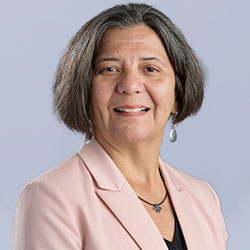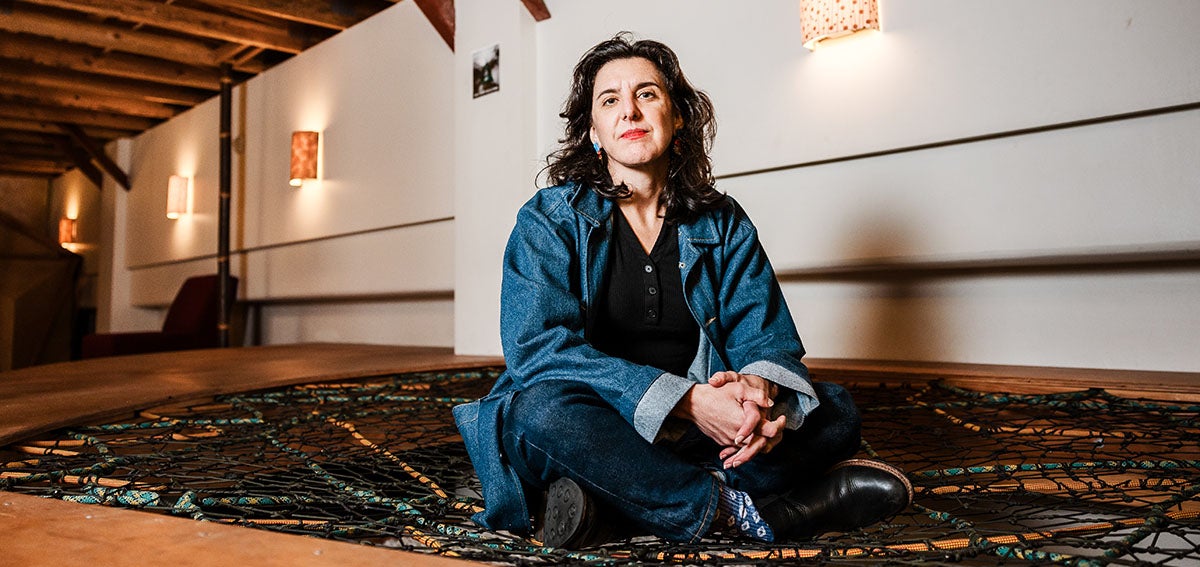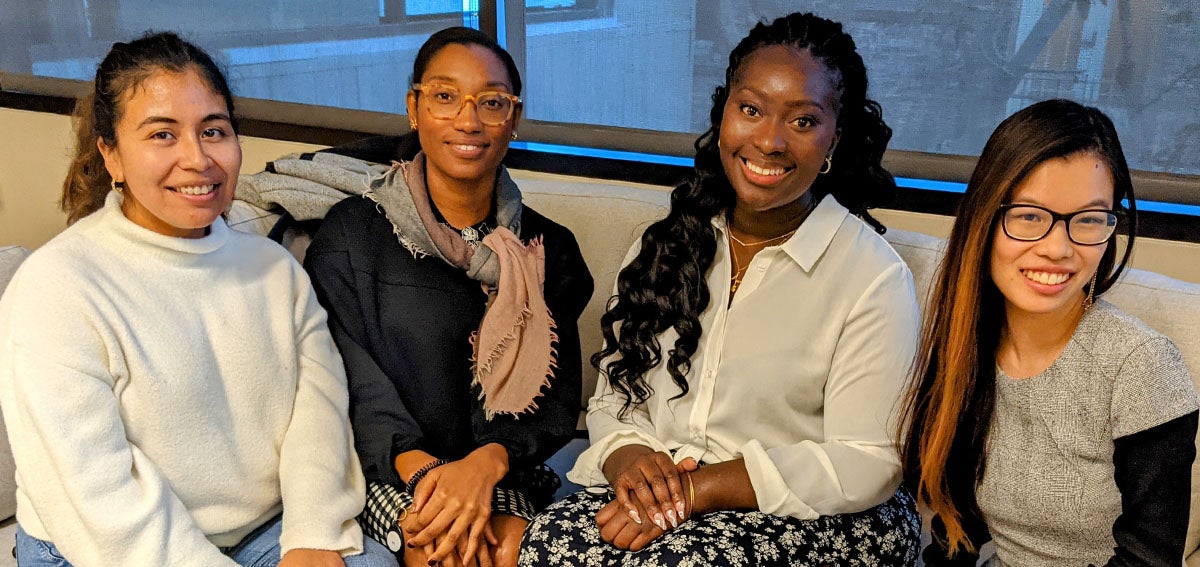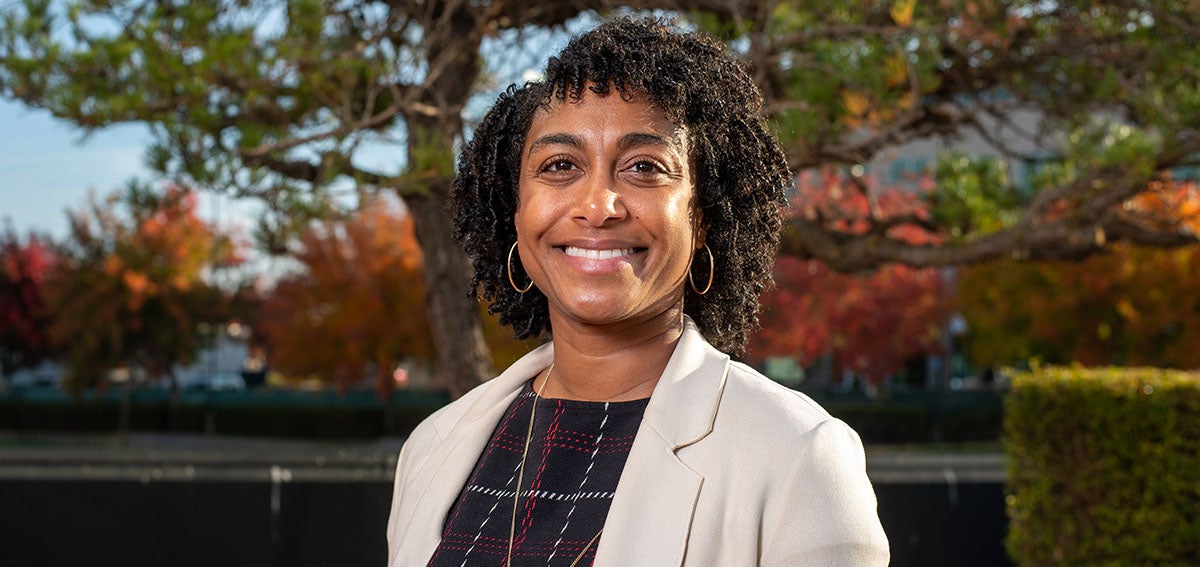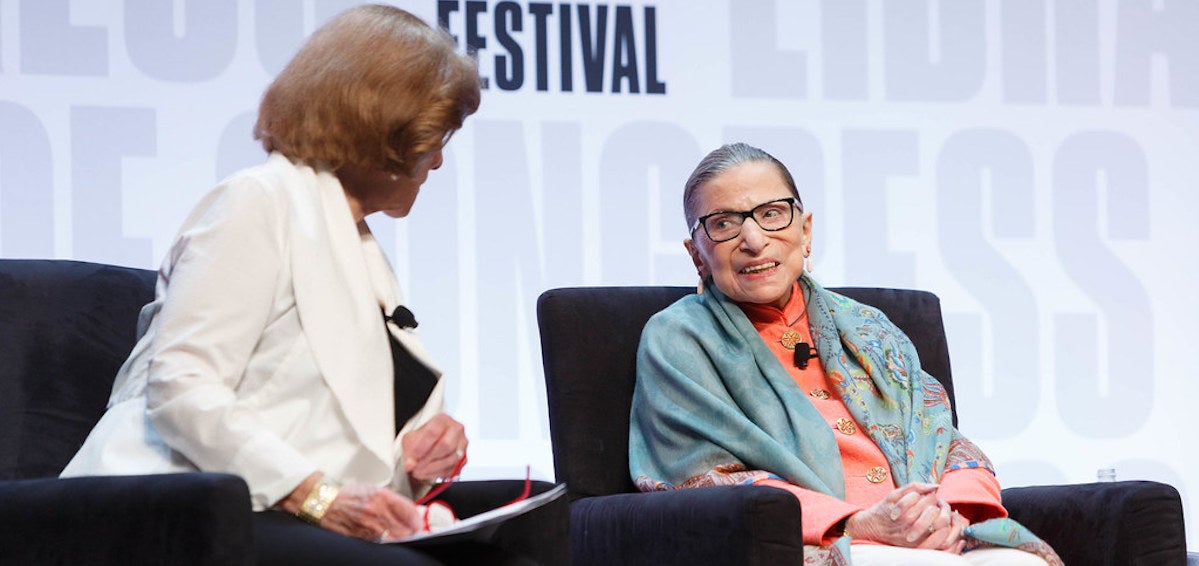
Justice Ruth Bader Ginsburg died Friday after a lifetime devoted to her righteous battle for gender equality — first as a lawyer and later as the second woman to serve on the US Supreme Court. Although short in stature, RBG was a towering figure in law and in American history. She was a passionate defender of equity. She fought to protect the rights of minorities who have been blocked from sharing in all the fruits of American society. It is no exaggeration to say that she bettered life for women in America. Her commitment to civil rights was absolute, and she implemented brilliant strategies to pry protections for women from male bastions of judicial power.
Her legal philosophy was no doubt shaped by her experience after graduating first in her class at Columbia Law in 1959. Ginsburg was nonetheless rejected for jobs at leading New York law firms and passed over for a clerkship at the US Supreme Court, she said, because she was a woman, a mother, and a Jew. The gender discrimination she experienced changed the course of American history, setting her on a path to become director of the women’s rights project at the American Civil Liberties Union, for which she successfully argued six cases before the Supreme Court in the 1970s.
After joining the Supreme Court in 1993, she frequently used her writings in cases of discrimination and violations of women’s rights to methodically educate state and federal lawmakers about what they can and cannot legislate. As Mary McNamara explained in the Los Angeles Times: “Ginsburg worked, steadily, as she had always done, dismantling injustice wherever she could. Year after year, she painstakingly unraveled tangled patterns of the law to find where the truth was hidden, then stitched it up again so everyone could see what she saw.”
Justice Ginsburg possessed a fierceness and determination that burned brightly through decades of health challenges, including the metastatic pancreatic cancer that ultimately claimed her life. Justice Ginsburg’s time is over, but her determination to protect civil rights burns brightly to light our path. Women have yet to achieve equal pay with men. Health care is not yet a universal right. Voting rights are under attack. There is so much to be done. Now it is up to others to carry on so America can live up to the words engraved in marble above the entrance to America’s temple of justice, the US Supreme Court: Equal Justice Under Law.
Authors & Contributors
